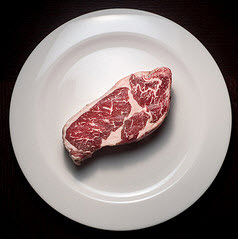Chicken producers like Tyson and Pilgrim’s Pride slashed production in 2008 as feed prices went up and consumer demand for meat fell — but now as the economy recovers the demand is going up — along with prices. [More]
grocery store economics
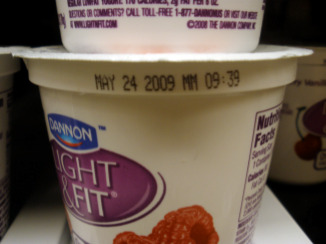
Grocery Store Just Can't Stop Selling Expired Yogurt
Esther doesn’t want much. She just wants to buy some yogurt that hasn’t expired. It seems that’s too much to ask of her local Safeway near Baltimore.
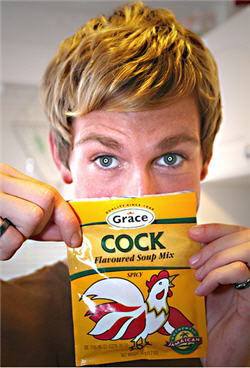
The Crappy Economy Means You'd Better Learn To Love Canned Soup
You know who is making money despite the total eclipse of your 401k? Campbell Soup Company. That’s right. When you’re broke — you eat soup. But which soup should you eat?
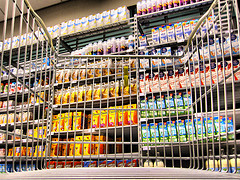
Oil Prices May Go Down, But Don't Expect Your Grocery Bill To Shrink
Now that the price of oil has dropped — you should expect some of those skyrocketing grocery bills you’ve been paying to drop, right? Yeah… probably not.
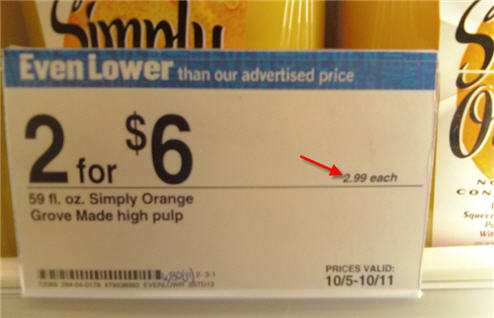
Do Not Fall Into Target's Orange Juice Trap
Target would like you to buy two bottles of Simply Orange instead of one. To that end, they’ve decided to charge you slightly more if you buy two. Why? Who knows.
100 Calorie Packs Are Still A Scam, Cost More For Less Food
ABC News took a look at the issue, grabbing soundbites from Michael Jacobson from the CSPI as well as collecting rebuttals from the various snack-mongers.
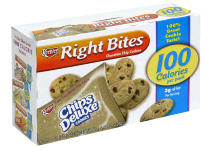
Like Those 100 Calorie Packs? You're Paying Twice As Much.
Portion control is going to cost you, according to the Center for Science in the Public Interest. They took a look at the new “100 calorie” portion control fad and guess what they found? You’re paying a hefty premium for your portion control. Those packs cost, on average, about two-and-a-half times as much as bigger bags.


